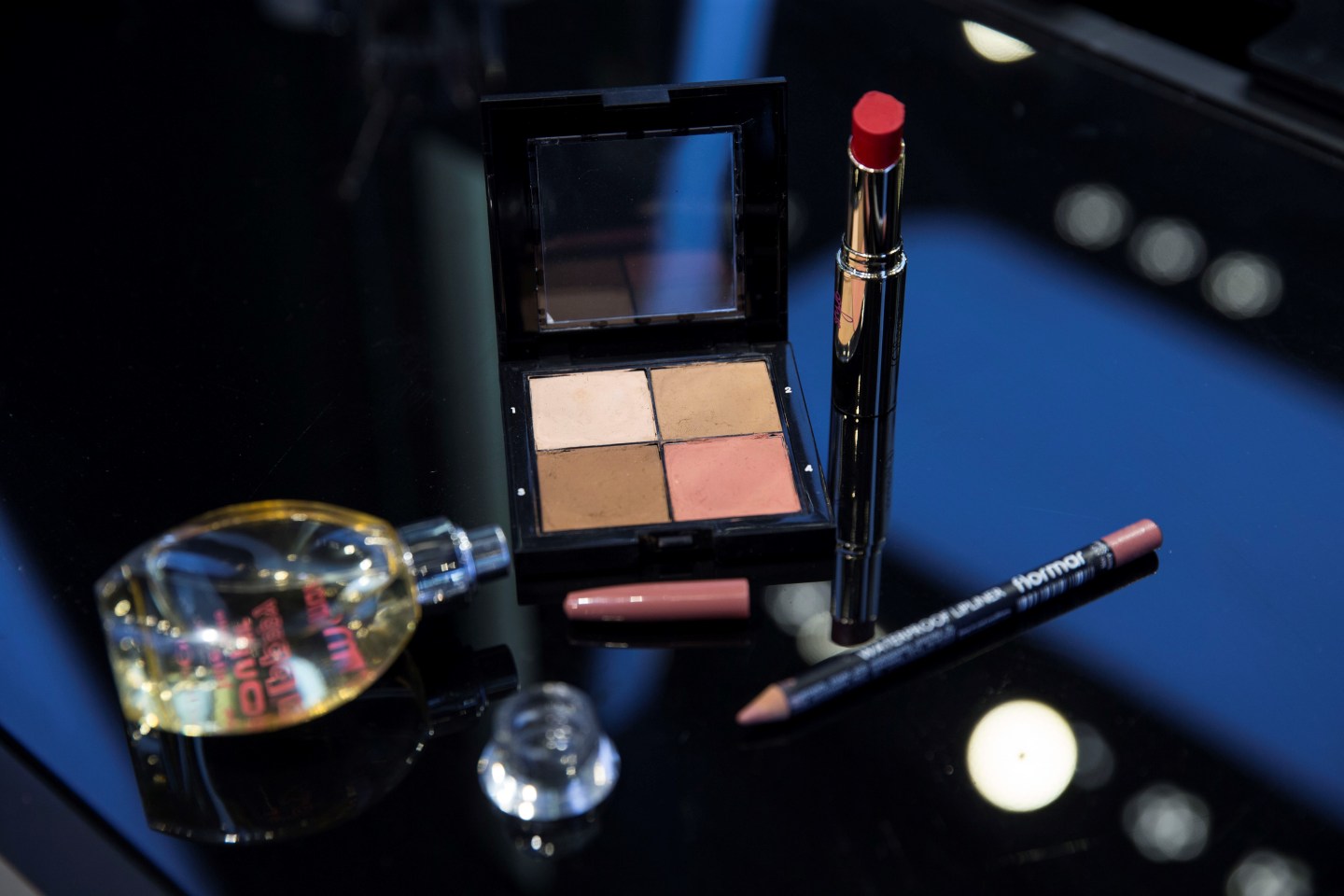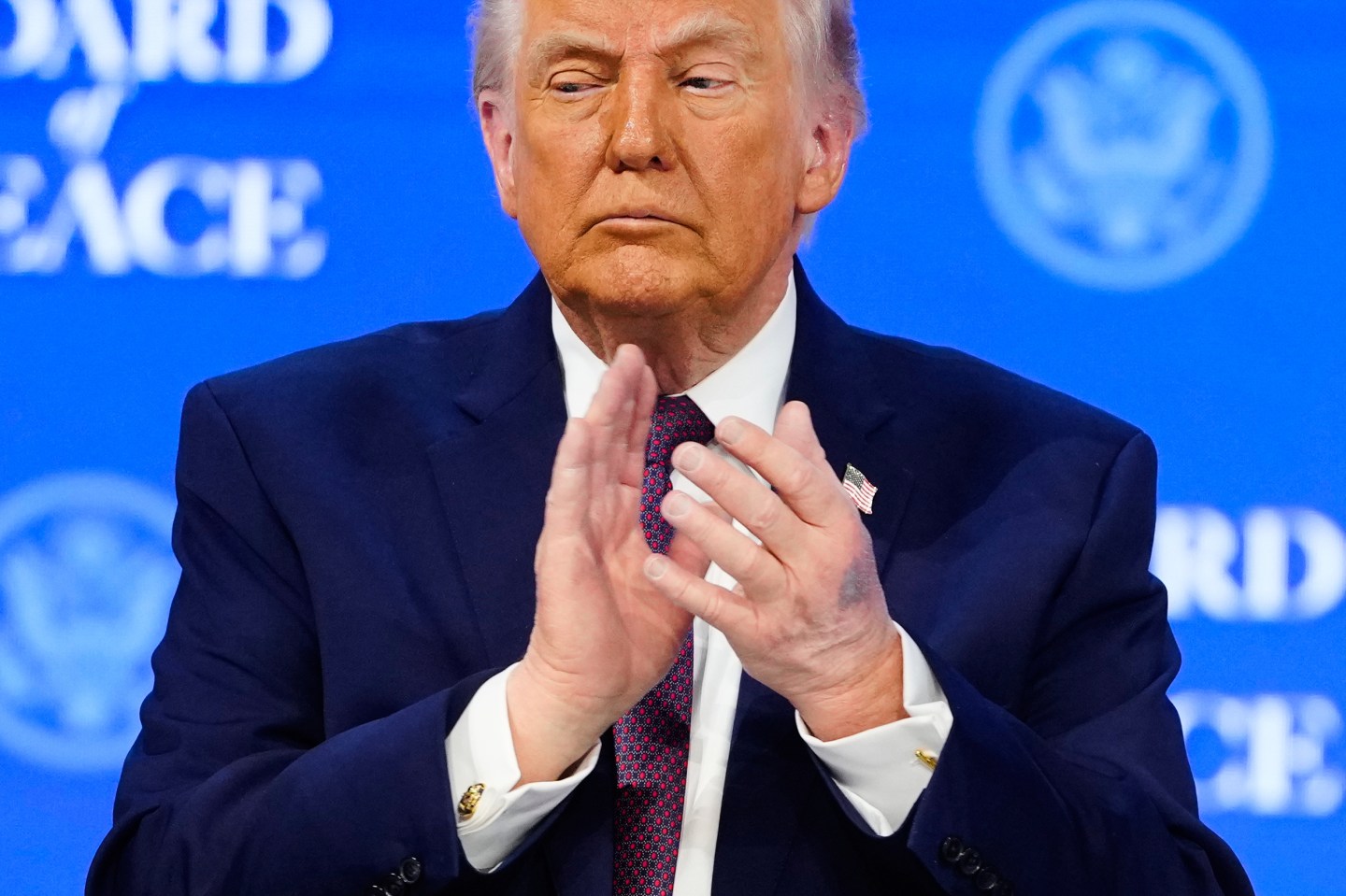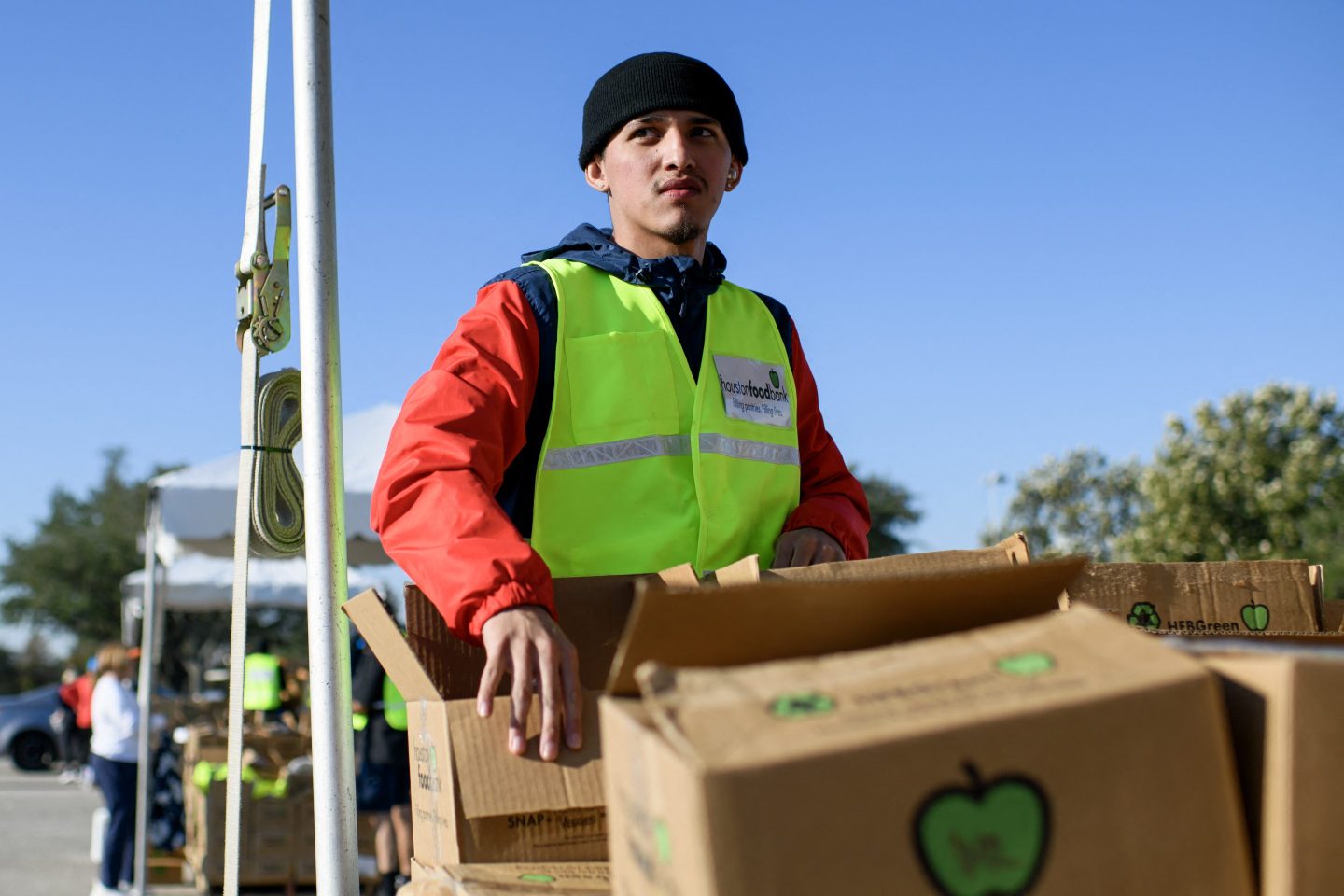Some benzyl chloride with your vanilla-scented lotion?
Consumers may be surprised that their favorite scented products could contain some less-entrancing ingredients, according to a new report.
A study released Wednesday by Breast Cancer Prevention Partners found a host of unlisted chemicals in commonly used products, with most coming from the scents used to boost their allure. Many bear celebrity labels or are sold to vulnerable populations, it said.
Even as some retailers, states and manufacturers have begun to respond to consumer demands for more ingredient disclosure, scents remain something of a black box. Often listed in generic terms like “perfume” or “fragrance,” the study found that more than three quarters of the chemicals of concern were in the fragrance component of the products tested. Separately, a federal bill that would mandate listing those substances is expected to be introduced Wednesday.
“We found fragrance chemicals linked to cancer, birth defects, endocrine disruption and other serious health conditions in everything from children’s shampoo to body lotion to perfumes,” said Janet Nudelman, director of Program and Policy at the organization and director of its Campaign for Safe Cosmetics. “Our report shows that consumers and salon workers have good reason to wonder and worry about the presence -– and the safety — of secret fragrance ingredients.”
Chronic Maladies
More than a quarter of the ingredients identified in the products most extensively tested contained substances linked to cancer and to respiratory, developmental and reproductive problems, according to the report. Even products labeled as unscented aren’t necessarily exempt, since they can contain so-called masking chemicals to produce a neutral odor.
The product listed in the report as having the most chemicals of concern is a Strength of Nature Just for Me children’s shampoo, that is part of a kit for relaxing hair. Email requests for comments made to Strength of Nature weren’t returned.
Also high on the list was Wonderstruck Taylor Swift fragrance, endorsed by the singer. The report lists the fragrance as a Revlon Inc. Product, though Revlon said it hasn’t sold the fragrance since its license ended in 2016.
When contacted about the report, Revlon stated that all of the ingredients it uses in products “are approved and have been determined as safe for their intended use by numerous scientific expert panels and government regulatory authorities across the globe.’’
“We comprehensively test all of our products using the most technologically advanced methods available to maintain the highest standards of safety,” Revlon said.
Schakowsky Bill
The cosmetics and personal-care industry has been mostly self-regulated, though states and retailers like Walmart Inc. Have taken measures in recent years to require makers to disclose or eliminate some ingredients, and several states have introduced bills on listing fragrance ingredients and other heightened scrutiny of products. Previous federal bills to more closely regulate cosmetics have exempted fragrance, according to Nudelman.
Representative Jan Schakowsky, an Illinois Democrat, was expected Wednesday to unveil the Safe Cosmetics and Personal Care Products Act of 2018. It calls for listing all ingredients, including fragrances, on packaging and having the U.S. Food and Drug Administration establish a list of banned ingredients.
Consumer-products makers are getting on board, too. In early 2017, Unilever said it would begin listing fragrance ingredients online and expand the labeling of fragrance allergens to its U.S. Products. Procter & Gamble Co.followed suit later that year, and Johnson & Johnson said in August it would list all ingredients in its baby products.
Nudelman praised their actions but said national legislation mandating ingredient disclosure is needed, and her group’s report found chemicals of concern in some goods made by those companies. All three had products in the top 10 of the report, including Unilever’s Axe Phoenix body spray, popular with teenage boys.
Emails asking for comments to Unilever, P&G and Johnson & Johnson weren’t immediately returned.
Nudelman’s group recommends that companies draft lists of substances they won’t use and disclose every substance in products, including flavoring, colorants and contaminants, as part of developing a broader chemical-management plan.
In many cases, large manufacturers don’t know what’s in their fragrances, which are usually sourced from one of several big makers, Nudelman said. The self-regulated industry is able to hide specific ingredients under the umbrella of terms like fragrance, she said.
“We believe in common sense transparency initiatives, and we believe people should have access to accurate, relevant, and reliable information about fragrances in the products they use every day,” according to a statement from the Fragrance Creators Association, an industry trade group.
The association also said fragrance ingredients are among the most highly tested materials in the consumer products industry, and “are governed by an existing complex web of state and federal laws that impose regulatory obligations.”
When Jessica Iclisoy started California Baby more than 20 years ago, she had trouble finding lavender oil for the shampoos and lotions she was concocting using only plant oils. When she asked a large fragrance maker to send samples made from pure lavender, she received a synthetic version instead. The company began importing lavender from France and also maintains fields in California to grow its fragrance ingredients.
“I had to do a lot of investigation and digging,” Iclisoy said. “The attitude was kind of like, it’s none of your business.”












